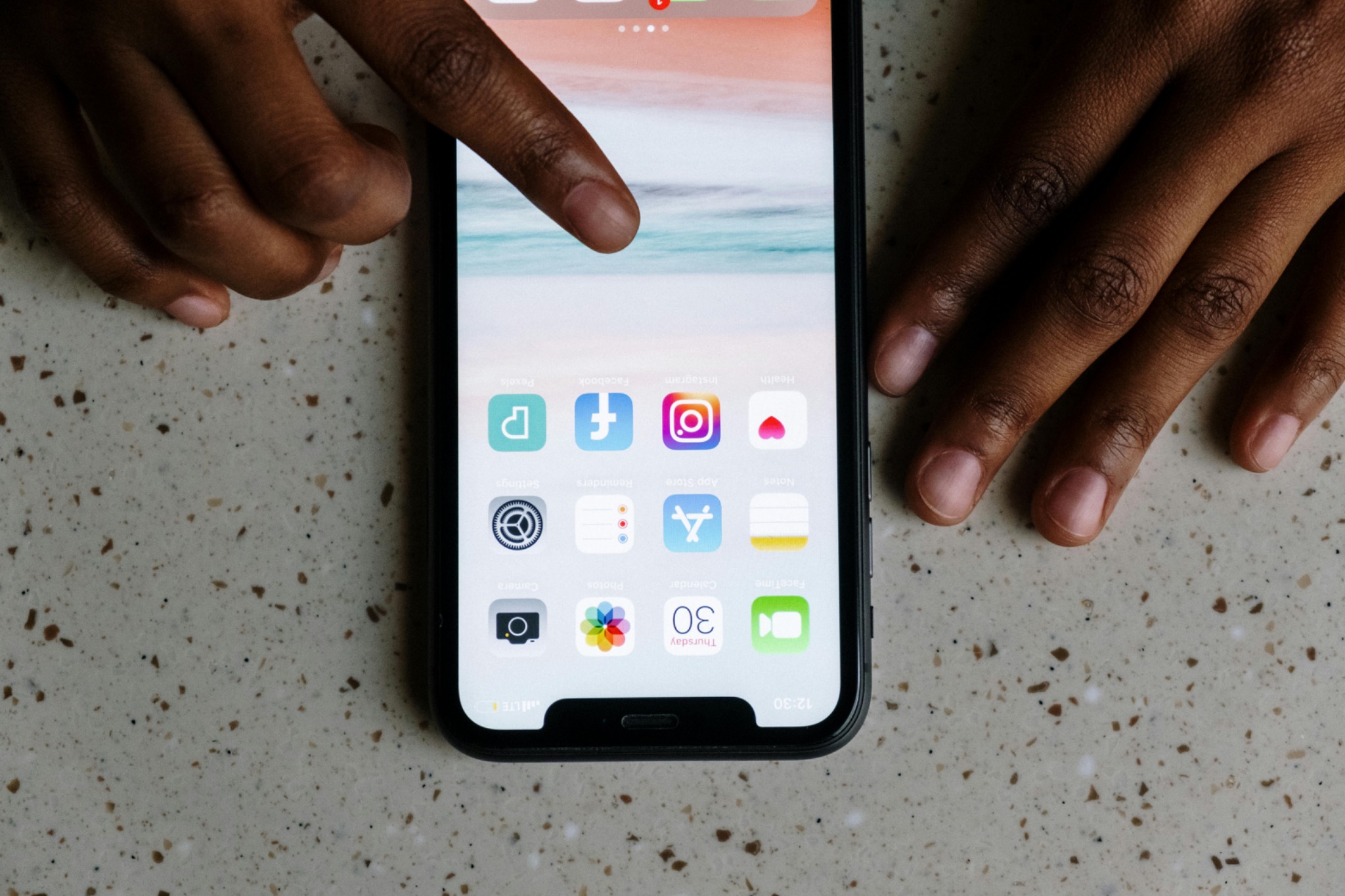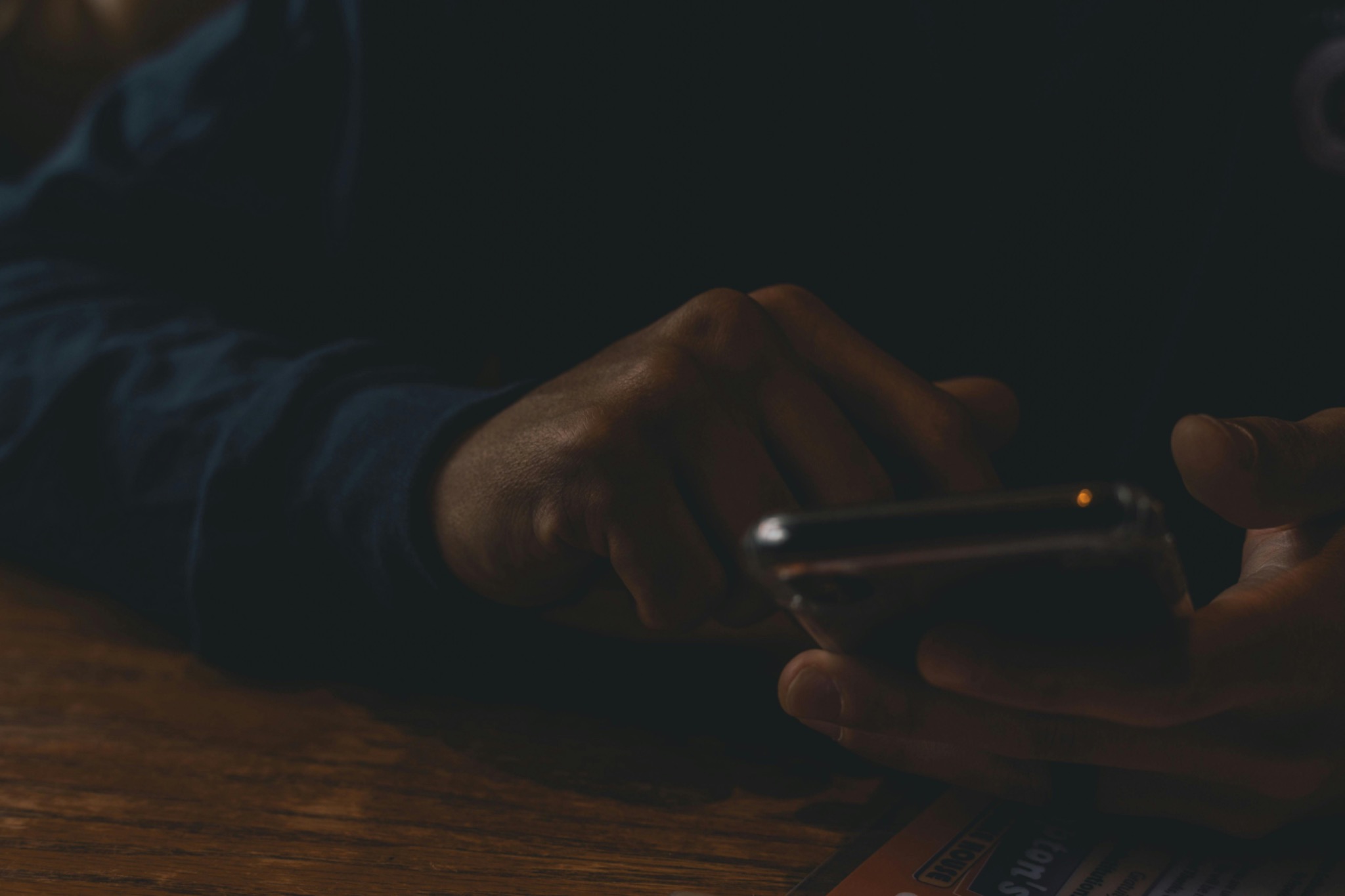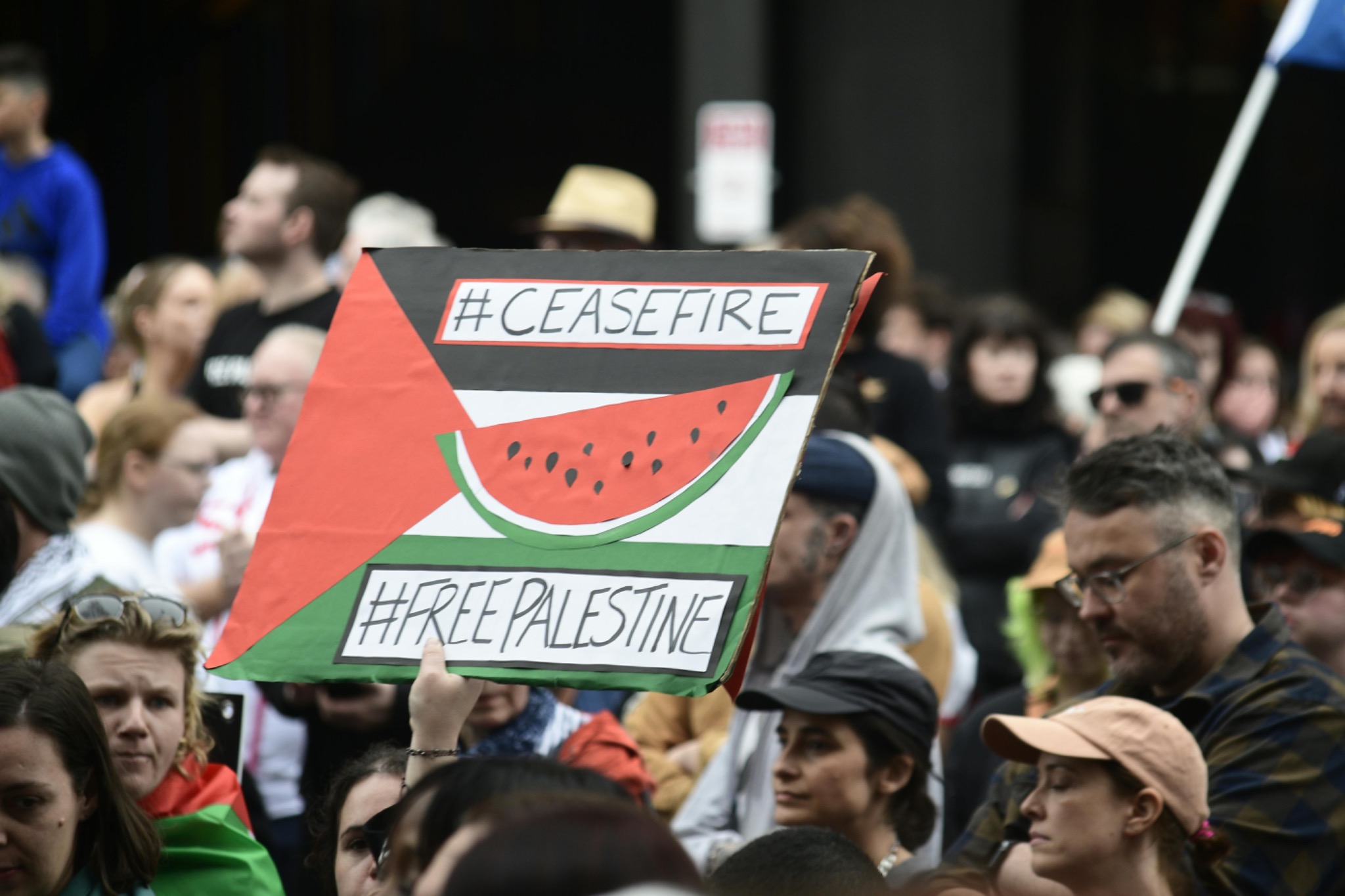
Stories We Skip: Palestine, Instagram and Our Addiction to Escape
The Double-Edged Feed: Instagram as a Tool for Awareness

Instagram has transformed dramatically over the years. Whether anyone could have predicted it would become a space where activists, journalists, and even everyday people are pleading for help is uncertain. Did you ever imagine opening an app known for holiday photos, brunch pics, and influencer highlights, only to encounter with footage of war crimes and humanitarian crises? Most of us probably didn’t.
Yet here we are. The power of visual storytelling has reached new heights on this platform. In a desperate attempt to capture our attention, people on the ground are documenting the horrors they face—not for clout, not for clicks, but for survival. Their goal is heartbreakingly simple: to be seen, to be heard, to be helped. In doing so, they humanise a conflict that many of us are lucky to witness only through a screen.
We don't feel the physical or emotional devastation firsthand. At most, we feel a diluted, secondary version of pain—just enough to move us, but often not enough to act. Still, the least we can do is pay attention.
Instagram holds immense potential as a tool for mass awareness. Information spreads in seconds, virality brings millions to the same moment instantly—yet more often than not, what dominates our conversations? Celebrity gossip, influencer drama, and the latest trends. So the question isn’t just where we’re going wrong in responding to the ongoing crisis in Palestine. It’s: why are we letting it happen?
The Dopamine Loop: Why We Scroll Past the Hard Stuff

When we want to unplug from the noise of daily life, many of us default to what might be called the dopamine loop. Platforms like Instagram, YouTube, and TikTok promise easy relief: an endless stream of distraction that asks nothing of us except to keep scrolling. In those moments, we don’t necessarily want to think—or even feel. We’re looking for a kind of numb pleasure, and the algorithm delivers, welcoming us with a personalised feed as if offering comfort on demand.
Yet that sense of safety is no longer guaranteed. Increasingly, what was meant to soothe can jolt us instead. One moment we’re chasing lighthearted distraction, and the next we’re confronted with images or stories that echo our deepest anxieties. Within seconds, the screen demands a decision: will we stay with this uncomfortable reality, or will we retreat further into the feed?
Turning away is instinctive. After a long day of responsibilities and emotional weight, who seeks more heaviness? This isn’t the quick hit of dopamine we thought we were signing up for—it feels closer to its opposite. Still, the choice lingers every time we log on: will we pause and feel, or will we swipe past and distract? Will we opt for the fleeting comfort of scrolling, or the more difficult work of being present with ourselves?
What Can We Do Differently?

Being human isn’t something we should need instruction for, yet the digital age has complicated that instinct. The constant stream of online content means we can encounter tragedy in real time—murders, atrocities, and suffering—and still be given the option to swipe past with a quiet “not now.” But for those living that reality, it is now. It is immediate. And if we’re honest, it should be ours, too. So what do we do with that responsibility?
One answer lies in cultivating a more intentional and conscious relationship with social media. These platforms can be tools for entertainment or work, but if they become nothing more than endless black holes, we miss their potential. Increasingly, spaces like Instagram serve as lifelines for people in urgent need, amplifying voices that might otherwise go unheard. To scroll past without listening is to look away.
The call, then, is to use these platforms actively—to support, to share, to donate, to learn. Social media has become a launchpad for micro-acts of aid that, collectively, matter. Whether it’s offering resources, raising awareness, or standing in solidarity, our engagement can move from passive distraction to purposeful action. It’s time we stop only scrolling—and start responding.
1 Comment Add a Comment?
Nabeela
This is highlighting a truth very few are willing to admit!